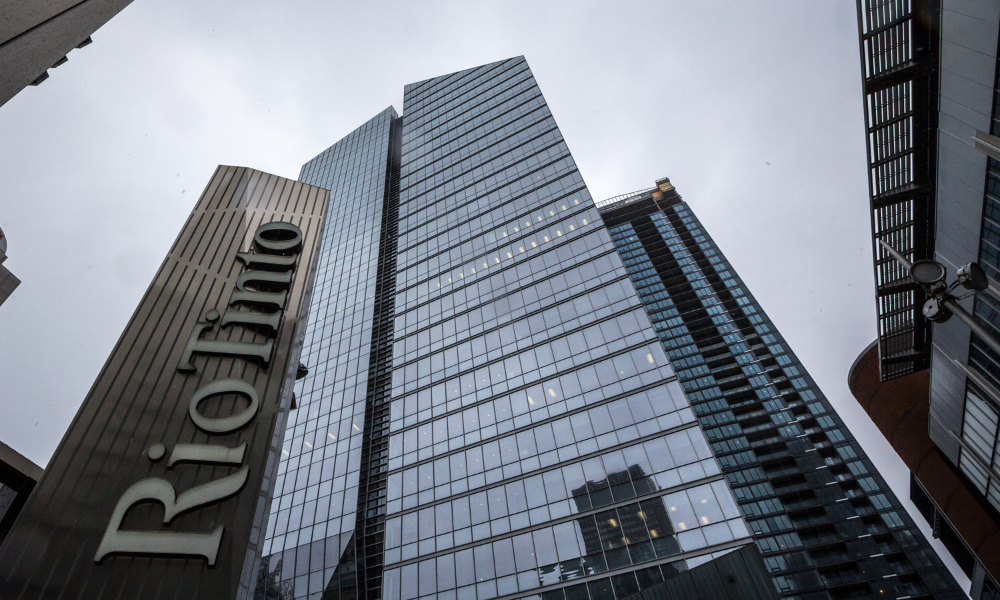Recognition needs to be personal, not generic
According to the report, 63 per cent of Alberta companies don’t track any metrics to assess their recognition programs, and of those that do, most measure simple outputs like budget use or number of awardees, rather than emotional or cultural impact.
It also found that 66 per cent of Alberta organizations rely on financial incentives to make employees feel valued, while only 13 per cent mention emotionally resonant practices like family-involved or experiential rewards.
Gulseren warns that too often, organizations rely on generic programs that fail to meet employees’ emotional needs. She adds that if not carefully designed, financial or money-based rewards such as company swag, cash or stocks can actually backfire.
"You can make or break, actually, your recognition program," she says.
“From motivational study, we know that cash or monetary rewards do not always motivate people. Sometimes they can demotivate ... the amount of the cash and how it's being presented is important ... if they think the cash amount is not sufficient for the effort that they put in, this could actually be perceived as disrespectful."
Peers are powerful recognition agents
Gulseren emphasizes that recognition doesn’t always have to come from the top. In fact, peer recognition can be more meaningful because colleagues are often closer to the work.
Nearly 70 per cent of Alberta employers say they are exploring peer-to-peer appreciation programs, according to the report, but the majority still centre recognition on manager-led awards or service milestones.
“Most of the time organizations do not give authority for peers to recognize their peers,” she says, adding that because peers are more likely to observe day-to-day performance, their praise is often more accurate.
“Peer to peer recognition doesn't have to be limited to those organizational, structured programs ... they have more opportunities to observe us, so that recognition, in a way, can be more meaningful because it is based on data."
Finally, Gulseren advises that organizations should build shared understanding around what they value and how they recognize it. Training can also help, especially when it encourages employees at all levels to express appreciation.
“Recognition is all about, 'from where I'm looking.' It's all about need fulfillment. So understand what exactly they need, and also understanding the key behaviors that the organization wants to reward,” she says.
"You just want to have a shared understanding of what type of behaviors you want to endorse in your organization ... I think what an organization can do is to train employees - everybody in the organization, not just managers but also peers - on recognition behavior. This is what recognition means. This is why it's important. This is how you can do it. But you're not limited."







